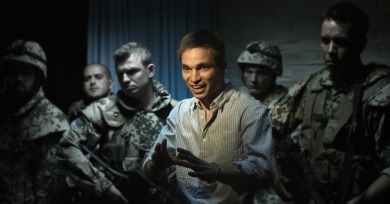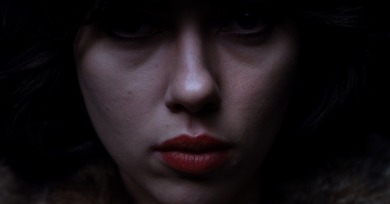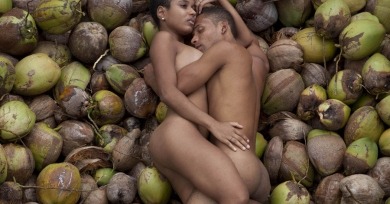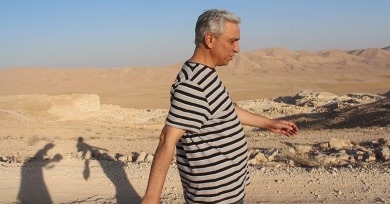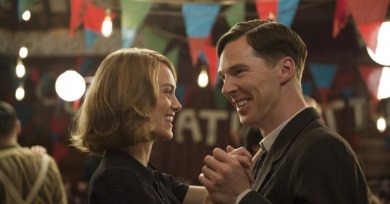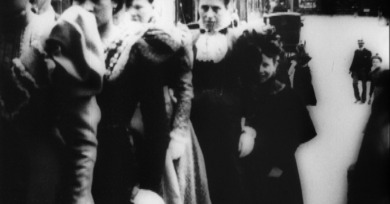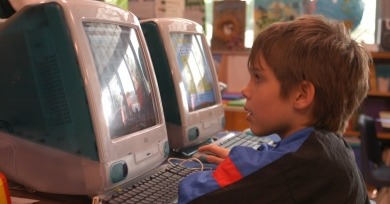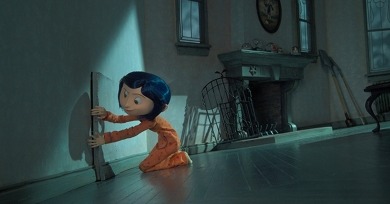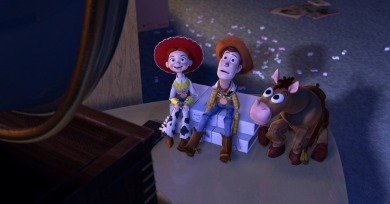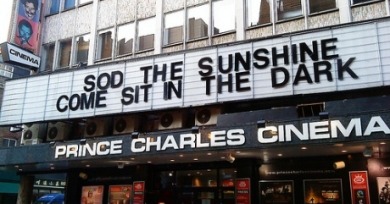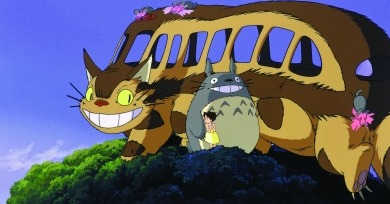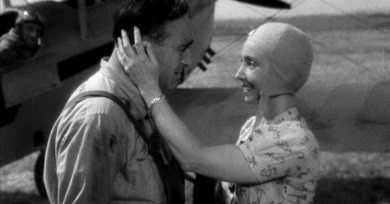Features
I’m placing the scare-quotes on “film” culture because after a good 115-year run, shot-and-displayed-on-film moving image art is no longer standard, or even particularly common, in any idiom. This is not, in and of itself, a tragedy.
Years in Review
Worst Scene in a Good Movie, Scariest Movie, Best First/Last Shot, Best Use of Archival Footage, Dumbest “Smart-Dumb” Action Movie, Worst Delivered Line, Most Exciting Breakthrough, Worst Joke, Funniest Beefcake, and more
Mascaro’s latest is his first foray into fiction filmmaking, but like his documentary work, is grounded in the realities of contemporary Brazil, particularly as experienced by citizens situated on society’s margins.
Though nominally a documentary festival, FIDMarseille seems chiefly concerned with challenging the form and the expectations that are brought to it.
Years in Review
The Imitation Game, St. Vincent, The Sacrament, Jimi: All Is by My Side, Gone Girl, Finding Vivian Meier, A Most Violent Year, The Hunger Games: Mockingjay—Part 1, This Is Where I Leave You, Neighbors, Cake
The Guests is a sort of cinematic equivalent of a literary explication de texte—an exercise in which a single, brief work is made to expand, undulate, deepen, and shift shape simply by virtue of being looked at unblinkingly and at length.
The best-known member of the cohort represented in New York is Kazik Radwanski, whose debut Tower (2012) showed at dozens of film festivals around the world and garnered critical praise commensurate with his level of formal accomplishment, which is high indeed.
Years in Review
Boyhood, Stranger by the Lake, Stray Dogs, Goodbye to Language, The Immigrant, Manakamana, The Grand Budapest Hotel, What Now? Remind Me, The Strange Little Cat/Two Days, One Night (tie), Maidan
The fluid border between contrasting universes has long been a motif in Selick’s work . . . and here he locates an ideal topography in the sulky, inquisitive, still unformed conscious of the eponymous “dizzy dreamer.”
How, these movies ask, might we come off in the eyes of the animals, objects, and fictional creatures in our lives? And how far can we go reconstructing our own lives—political, romantic, social, religious—by analogy with those of animals and toys?
In the early nineties, London’s remaining rep cinemas were slashing prices and recycling their stock in the hope of staving off the inevitable. The market followed: an impoverished student with a bus pass, like me, could englut himself.
In My Neighbor Totoro’s almost complete abjuration of kiddie movie standbys we have a small tale, simply told, but resplendent with details in its “pictures of ordinary days.” There is always a sense of ongoing life at the periphery of the events depicted.
“A singular being in a plural world” is how Jean Cocteau described the French director Jean Grémillon. His films are sensitive to the tensions between individuals and communities, between the cyclical patterns of daily life and the private obsessions or conflicts that break these rhythms.
Berlin oder ein Traum mit Sahne (Berlin or a Dream with Cream), The Measures, Seven Signs That Mean Silence, Letters to Max, Babash, Ming of Harlem: Twenty One Storeys in the Air, Broken Tongue, Sugarcoated Arsenic, The Dragon Is the Frame
